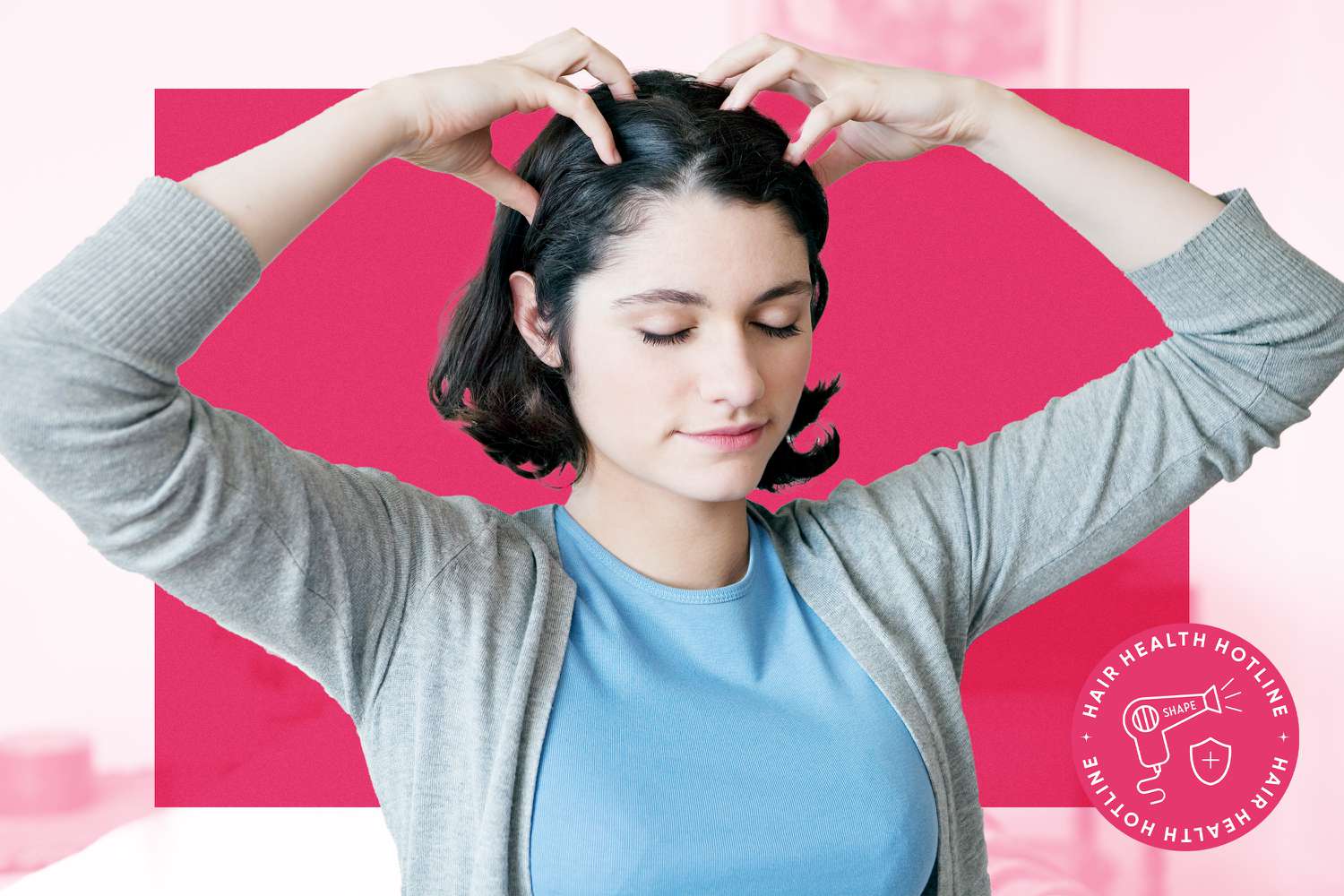Causes and Treatments of Itchy Scalp: Expert Advice for Relief

The Hair Health Hotline serves as a direct link to dermatologists, trichologists, hairstylists, and other beauty professionals. This ongoing series aims to address common hair and scalp issues by providing scientifically proven solutions. Are you troubled by a persistent irritating itch on your scalp? It always seems to emerge at the most inconvenient times and refuses to go away. This itch can irrevocably disrupt your routine and snatch away all your concentration. The real challenge often lies not just in dealing with the itch but identifying its cause. Could it be due to that popular new shampoo you recently saw on TikTok? Or a case of literal stress skin? Maybe it's dry scalp, dermatitis, or something even more concerning?
Diagnosing the cause of your itchy scalp is the first step towards relief. This article will guide you through the common instigators of such scalp irritation. Moreover, it will explore why scalp lotions might be the remedy you've been seeking. It's time we face this problem straightforwardly; pun based humor not withstanding.
According to Deanne Mraz Robinson MD, FAAD, a certified dermatologist and co-founder of Modern Dermatology, an itchy scalp can derive from numerous reasons. Dandruff and seborrheic dermatitis are two of the most frequent culprits. Although they may seem identical, there are clear differences between them. Dandruff results from dry skin on the scalp, which can trigger itchiness and flaking, while seborrheic dermatitis is also associated with pruritus (itchy skin) and erythema (a type of skin rash), in addition to noticeable inflammation.
In more severe cases, Dr. Robinson points out, it might be psoriasis, a more complicated condition where our body's defense mechanisms can go into overdrive, causing discomfort. “Scalp psoriasis occurs when the body's immune system triggers skin cell production at an accelerated rate, resulting in plaques of skin cells that can be itchy and painful”. Specific products can also provoke an itchy scalp, even irregular application, warns Dr. Robinson. In the case of contact dermatitis (scalp eczema), exposure to certain topical irritants like fragrance, alcohol, and hair color chemicals often links to scalp discomfort. Hence, despite your fondness for the latest floral-scented hair product or your recent hair digital makeover, your scalp might not share your delight.
Dr. Robinson explains that, if you plan to use a scalp lotion to alleviate itching, focus on the ingredients. Ingredients like squalane humectants for hydration, soothing aloe and botanicals, and ceramides and peptides for scalp skin and overall hair health are beneficial. In contrast, fragrances should be avoided due to their contribution to scalp irritation. For those prone to fragrance sensitivity or general scalp sensitivity, Dr. Robinson suggests a lightweight serum with scalp-friendly ingredients such as SEEN’s Restore Scalp Serum. She also adds that usage frequency for scalp lotion would vary according to the source of the itching. Regular usage may be required in cold winters, while lesser in summer months when our skin naturally produces more sebum (oil) for nourishment.
Your lifestyle choices and environmental factors substantially affect your scalp health, especially regarding itchiness, states Dr. Robinson. She advises those battling seborrheic dermatitis to avoid yeast and mold in their diet as they might amplify the presence of Malassezia (a type of fungi) on the scalp. This could mean cutting out bread, cheese, wine, beer, and other yeast or fungi-based foods. She also emphasizes the importance of managing stress and maintaining an optimal shower temperature to minimize scalp inflammation. Issues like dandruff, psoriasis, and eczema should be attended to accordingly.
A healthcare provider can help identify the unique causes of these conditions and formulate a suitable treatment regime. Picking out the right scalp lotions and making necessary diet and lifestyle modifications are crucial to achieving relief. By following this advice you can effectively soothe your scalp, heightening your comfort and optimizing scalp health.
Do you have unresolved hair health queries? Drop a message at [email protected] to have your question showcased and addressed in an upcoming Hair Health Hotline feature.




